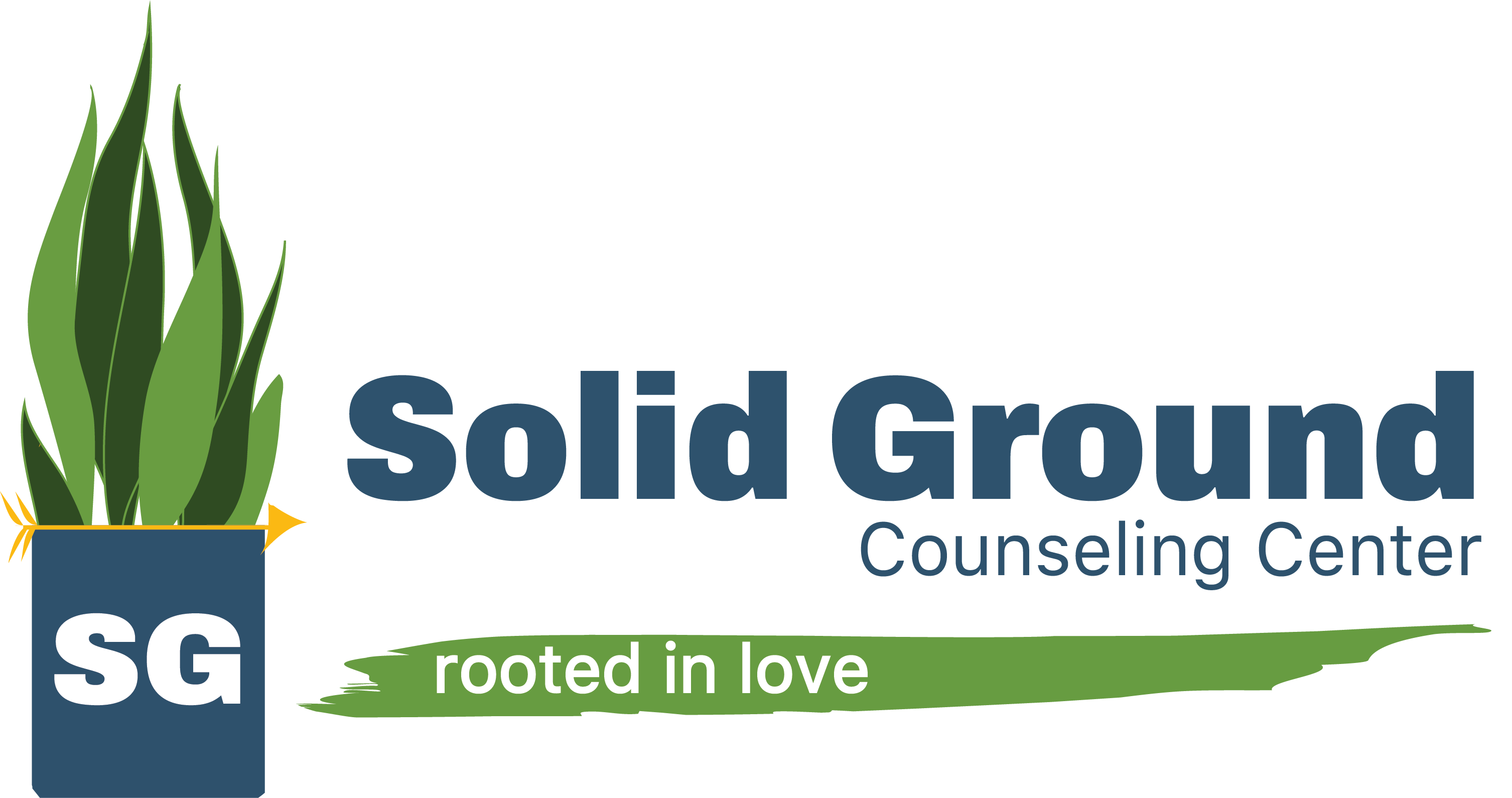Coping in Unusual Times
Coping mechanisms are the tools we draw upon to help us combat stress. It is no surprise that stress can do strange things to our bodies and minds. It can induce lethargy, intense anxiety, high blood pressure, depression, and change the way our brain makes decisions, all of which can make coping exceedingly difficult. Most people have some identified coping mechanisms that assist with striking a balance between the stressful event or circumstance, and a healthier state of functioning. Unfortunately, when stress happens during non-normative times there can be additional factors at play including a decrease or complete lack of our usual coping options or an inability to gather support from the people we normally would. Regardless of the change in factors, there are some tools that are helpful for coping, even when times are unusual.
Understanding your triggers. We have talked about triggers before, and likely will again – because they are important! These are those situations or people that poke some internal part of our emotions or memory and stir us to feeling out of control, or unsafe. The result of feeling out of control or unsafe usually begins a spiral of thoughts and behaviors that are unhelpful to us regaining the peace we are seeking. When we work to identify our triggers then the situations that would cause them to become less surprising, and thus our reaction to them changes. Triggers during times of unusual stress may include feeling helpless, hopeless, optionless, isolated, or stuck in a certain circumstance. Understanding a trigger can take some work and may not be something achievable without professional help.
Resource List. This is a tool that frequents my clinical practice. A good resource list helps an individual outline what their resources are during a time of peace or neutrality, with the intent to be drawn upon during times of stress. Recall that stress forces the brain to make decisions about what functioning it will focus on – and typically logical thought gets excluded at some point in the process. So, creating a resource list during times of low to no stress is best. A good resource list should contain items such as
a. Indicators you may be feeling excessively overwhelmed (you may be surprised at how difficult it is to recognize this when you are in this state!). Note the behaviors, feelings, and physical characteristics that you exhibit when your stress is high, and you are not at your best.
b. Coping mechanisms that can be utilized without outside assistance. These are things such as exercise, journaling, listening to music, taking a bath/ shower, or meditation. The items here should be actual activities that you know are helpful, this is not the time to try out new things! The key here is productive coping, so any action that is unhealthy or self-injurious should not make the cut.
c. People you can turn to in the event the above items do not work. The individuals on this list should be reliable and know enough about you to know what is helpful for assisting you in times of need.
d. Signs your stress levels are decreasing. This is important because being able to identify what is happening when you are starting to function more effectively gives you feedback that what you are doing is helpful. So, outline what you are doing and how are you feeling when you find yourself more balanced.
e. A list of local emergency numbers. Although no one enjoys thinking about what happens when our stress is so high we cannot handle it anymore, the fact is that everyone has that threshold. Having a list of your local emergency room number and location can be helpful in the event your situation escalates to an unsafe level and you need to reach out for medical help to stay safe.
Professional help. While there are plenty of ways that we can assist ourselves, sometimes the best option is to seek professional help. During unusual times of stress our resources may look different, our triggers may be stronger, and our coping strategies may not be working as effectively as they do during more normal times. When that is the case, there is nothing wrong with using outside assistance. Mental health professionals are trained to help people through difficult seasons and circumstances. Counseling may be the best option if you find yourself unable to regulate your emotions, your stress level remains consistently elevated, or none of the typical ways you cope are helping.
It may be helpful to know that everyone has a certain threshold for dealing with stress. How we cope may look different, the tools we draw on likely vary, but the reality is all of us are coping with stress on a continual basis. How effectively we do so depends greatly on how much we are required to deal with at one time, and how well equipped we are to tackle the task. My hope is that utilizing the coping resources listed here will give you the advantage the next time you are faced with high stress. Stay well friends!
